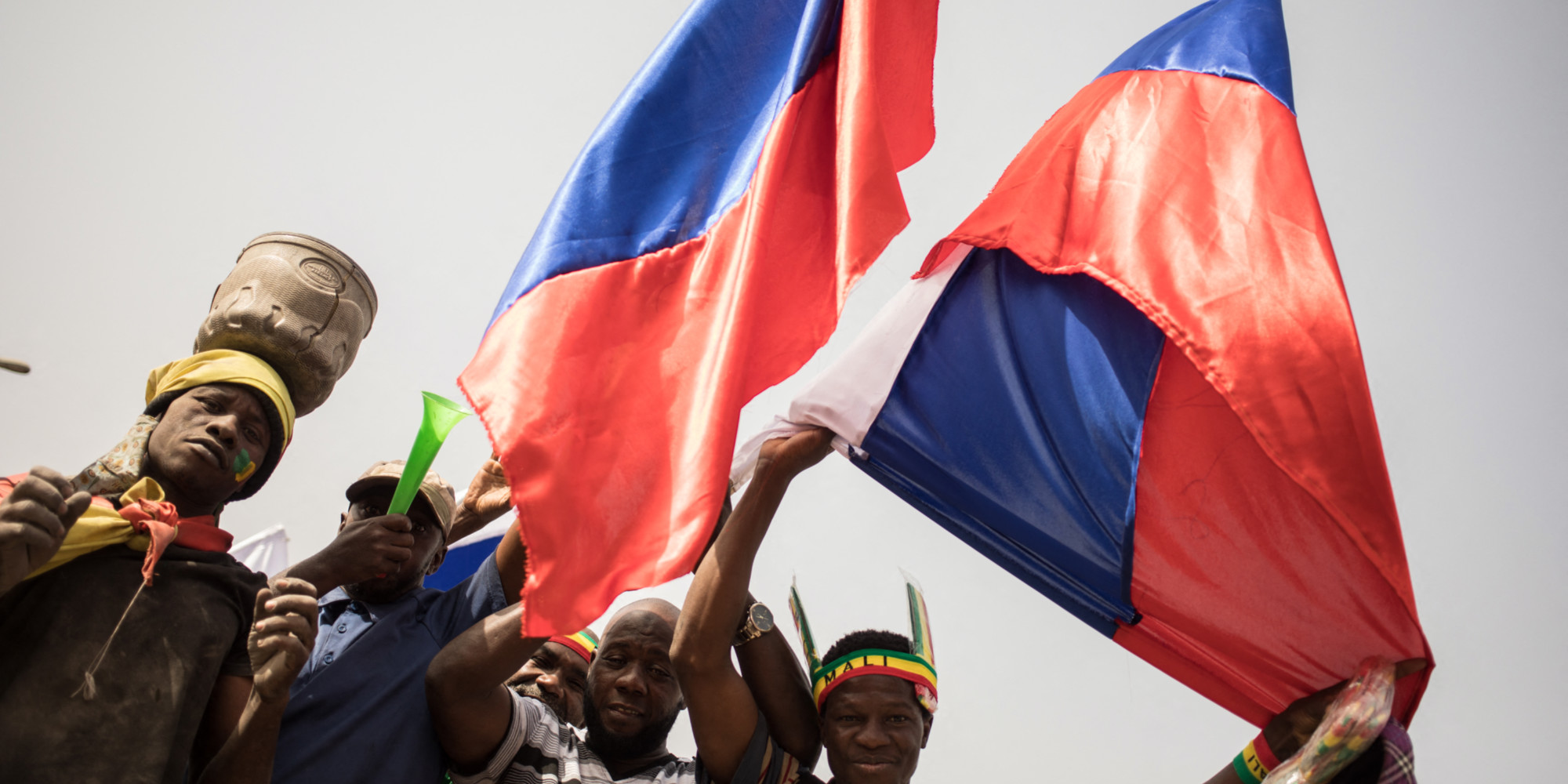Alexandra Jaegy / Photo credit: FLORENT VERGNES / AFP
Forty-eight hours after Wagner’s armed rebellion in Russia, what future for the paramilitary group? Its leader, Evguéni Prigojine, should join Minsk. His dismissal could have consequences, especially in Africa, where the militia is very present, as Jean-Paul Paloméros, former supreme commander of NATO, reminds us at the microphone of Europe 1.
Two days after Wagner’s aborted rebellion in Russia, gray areas persist, especially on the objective of the boss of the paramilitary group. And we still wonder why Yevgeny Prigojine turned around after an agreement brokered by Belarus. The boss of Wagner will in any case escape any legal proceedings. He should also join Minsk, if he has not already done so. A departure that looks like exile which could have consequences in Africa, where the paramilitary group is very present. This is what General Jean-Paul Paloméros, former supreme commander of NATO, reminds us.
“If they pay off Wagner, Russia will no longer be able to hide behind it”
“In fact, the problems with the evolution of the Wagner militia can be felt in Africa and in all the countries where Wagner is hired as a private militia and where Russia does not get wet. If they pay off the Wagner militia , as is more or less expected, Russia will no longer be able to hide behind this instrument of agitation and crisis management in Africa, disinformation and resource capture”, explains Jean-Paul Paloméros at the microphone of Europe 1.
“So for Russia, it’s going to be a real question of whether they keep this hybrid nature that their militias provide or whether they integrate them, but at that point they will have no choice but to show that Russia is fully engaged in this theater in Africa and elsewhere. I don’t know if Russia will want to show that face,” said the former supreme commander of NATO.
